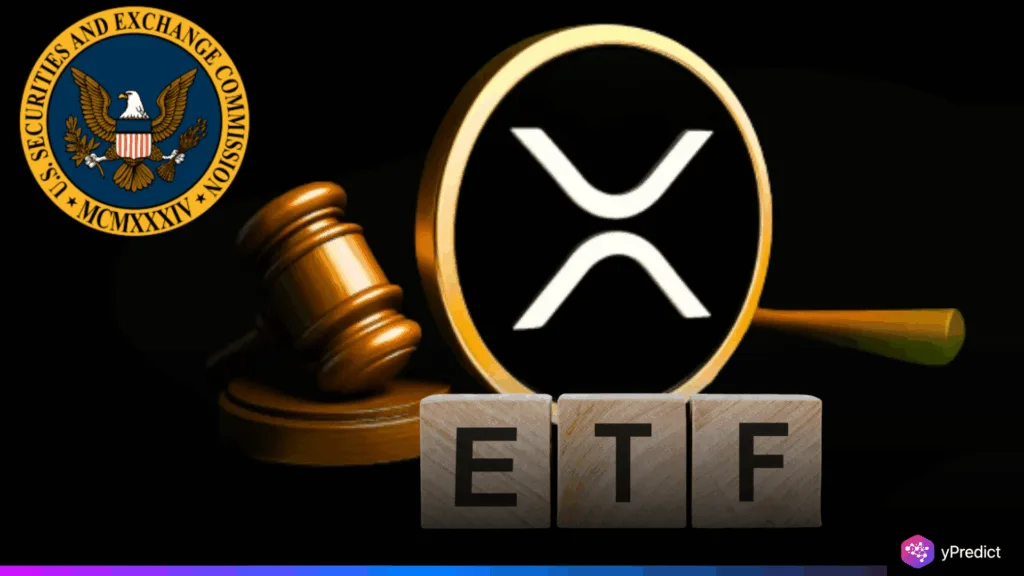
The U.S. Securities and Exchange Commission (SEC) moved its ruling on the widely anticipated XRP ETF back to October 2025, amplifying worries about regulatory ambiguity in the crypto ecosystem. The announcement comes on the heels of Ripple’s high-profile legal battle, lasting over a year and culminating in a settlement of a $125 million fine in August 2025. While the ruling opened the door for optimism for investors, there are still questions in regards to how the SEC views XRP must be clarified in regards to the legal classification of security, resulting in investor ambiguity and holding institutions fearful of potential liability.
SEC Delay Extends Ripple’s Regulatory Shadow
The SEC Delay comes during a greatly tumultuous period for the market, which is still coming to grips with the fallout from Ripple’s lawsuit. The SEC’s delay of the XRP ETF review demonstrates that regulatory uncertainty continues to prevail. While the fine the SEC levied in August may have concluded one legal question, it did not provide the clarity institutions were awaiting, and the SEC gave itself time to answer whether XRP can be an asset that backs an ETF structure. This shadow of regulatory ambiguity continues to affect market confidence.
Broader Trend of ETF Postponements
The XRP ETF delay is not an isolated event. In April 2025, it was reported that the SEC had delayed both the DOGE ETF decisions along Ethereum staking. Both of these actions show a bigger habit of caution from the agency, and illustrate that regulatory uncertainty isn’t just limited to XRP. Analysts think the political environment following the Trump administration left regulators hypersensitive toward compliance and public feedback. This wave of ETF postponements suggests the SEC is unwilling to take risks without stronger guardrails, even as investor demand grows.
Institutional Interest Meets Divided Industry Stance
Despite the SEC Delay, institutional players continue to file applications tied to XRP. Recent updates highlight submissions from Bitwise, CoinShares, Grayscale, and Canary Capital, all seeking to capitalize on a potential XRP ETF approval. Their push reflects genuine institutional interest, but the picture remains divided. BlackRock, one of the largest asset managers, has chosen to steer clear of an XRP ETF, underlining the split in industry perspectives.
Market Outlook Under Regulatory Uncertainty
The SEC Delay has raised broader questions of crypto adoption in the United States. For those investors who were anticipating a speedy approval from the SEC, the reality now involves longer months waiting without any guarantees. XRP’s ETF offers a framework of regulatory uncertainty, which places the market in a unique position of optimism and caution together. Should the SEC eventually decide to approve an ETF for XRP, we may see institutional inflows increase and reshape both the market and perception. If hesitation returns and the SEC fails to approve an ETF, this delay could set back confidence in the entire industry at a pivotal moment. For now, the XRP ETF remains at the center of one of the most pressing regulatory debates in crypto, with uncertainty defining every move.






